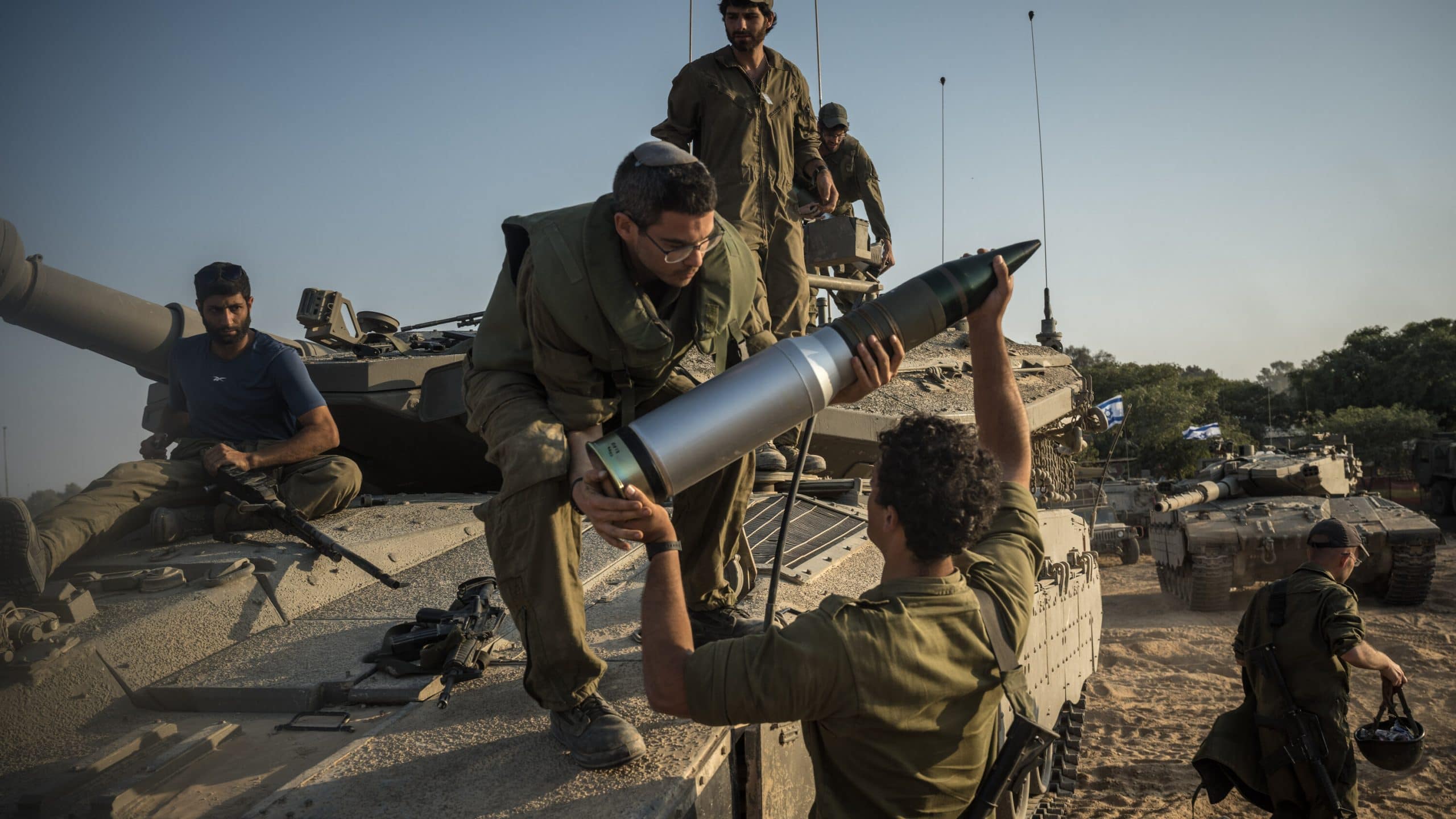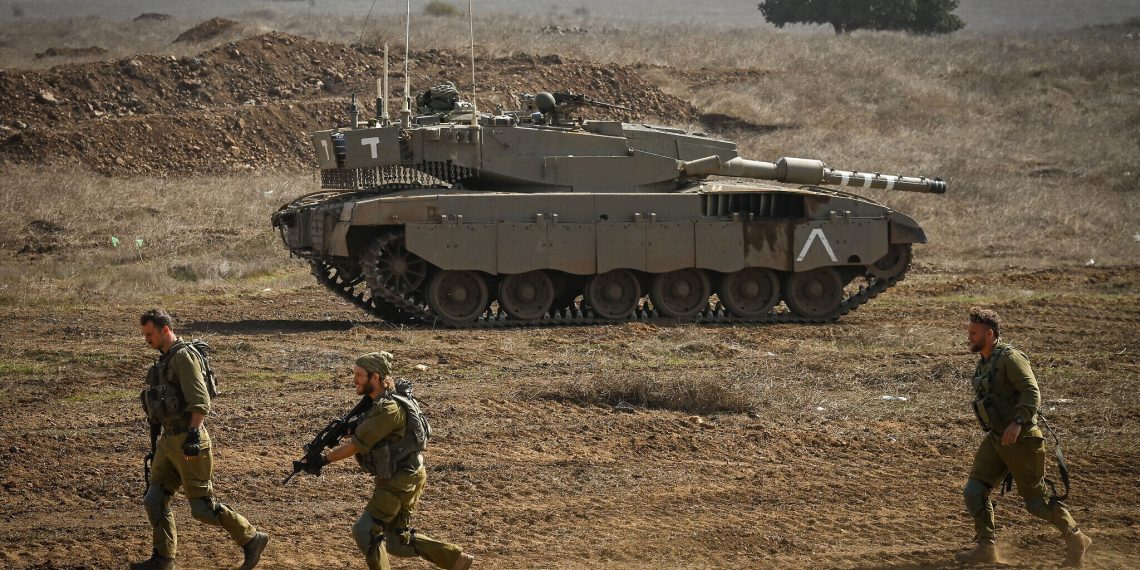Israel is gearing up for a prolonged military campaign in Gaza, with plans to continue full-scale operations for six to eight weeks. The focus is on launching a ground invasion of Rafah, the southernmost city in the enclave, aiming to dismantle Hamas control.
Military leaders anticipate significant damage to Hamas’ capabilities within this timeframe, facilitating a shift to targeted airstrikes and special forces missions. Prime Minister Benjamin Netanyahu’s government shows little inclination to heed international calls to halt the ground assault on Rafah.
Defense Minister Yoav Gallant outlines plans to target Hamas fighters, command centers, and tunnels in Rafah, emphasizing measures to minimize civilian casualties. However, concerns persist regarding the safety of over a million Palestinian civilians trapped in the city amid the conflict.
World leaders, including U.S. President Joe Biden, have urged Israel to ensure civilian safety. Despite assurances from Netanyahu, challenges remain in facilitating a secure evacuation amid the ruins of Gaza.
Meanwhile, Hamas remains defiant, prepared for a prolonged conflict despite significant casualties. The group’s leader in Gaza, Yahya Sinwar, vows to fight rather than surrender or go into exile.

The situation presents challenges for broader peace negotiations. Efforts to secure a ceasefire and release hostages have stalled, prolonging the conflict and intensifying global scrutiny of Israel’s actions.
Amidst diplomatic efforts, the prospect of a two-state solution remains contentious. Israeli officials reject the idea, viewing it as a betrayal of victims of past violence.
As tensions escalate, the fate of civilians caught in the crossfire remains uncertain, with concerns over humanitarian catastrophe mounting.





